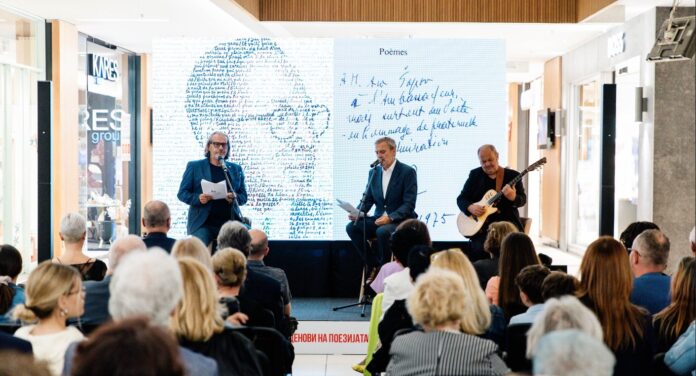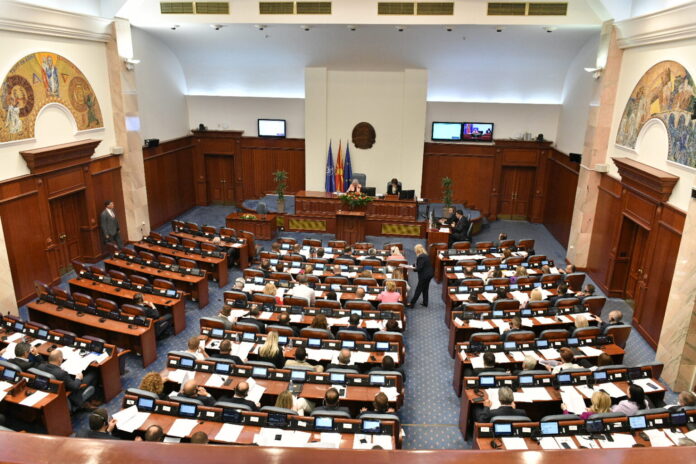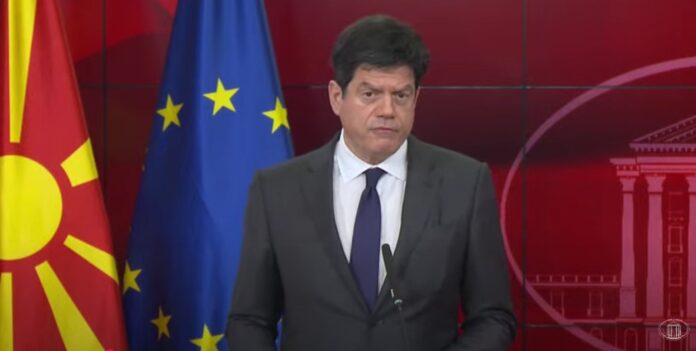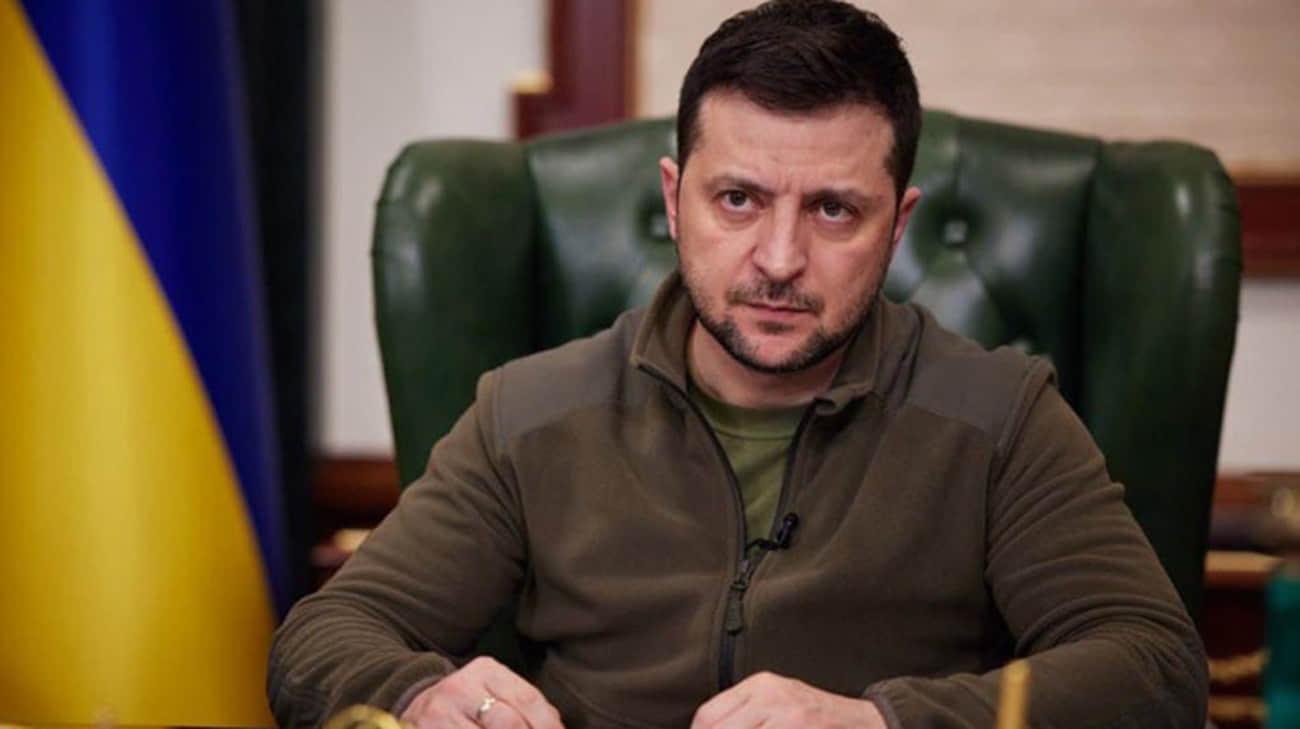New era for transatlantic relationships
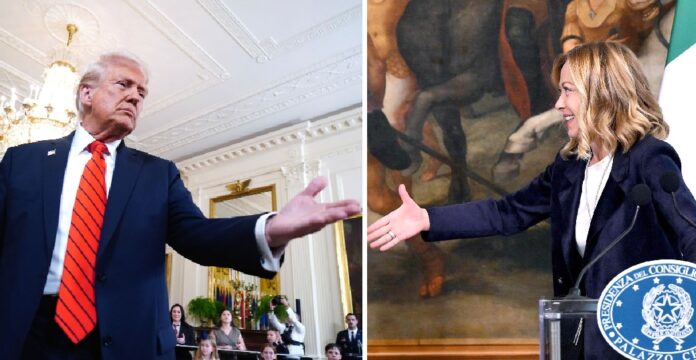
Analysis:
As European sovereign leaders, with the support of US tramists, can stop the European neoliberal EU project
- US tramists, anti -globalists, sovereigns… may start building new « special relations » with European leaders with respectable ideology, in Hungary, Italy, the Netherlands and Austria, or with opposition leaders in Austria, France and Germany. Dr. Sofia Bes and Tara Varma, MA, in his extensive analysis entitled « The Association of Revisionists: New Era for Transatlantic Relations », announced by the International Institute for Strategic Studies based in London
- According to the analysis, US new forces, namely tramists, are interested in building « new special relations » with sovereign right -wing European leaders in Hungary, Italy and the Netherlands or with opposition leaders in Austria, France and Germany…
- European anti -liberal leaders in the EU, in a similar way to their counterpoint in the United States, want to diversify the EU’s neoliberal road so far (and in the world), opening new perspectives for the restructuring of the Union, with the focus of sovereign and national elements and a common cross -section of the EU. They want to restore the original version of sovereignty, which « rejects the mixing of multilateral international institutions imposed by supranational, decisive and suprematic force », in a series of areas: energy, migration and decision -making for defense policy.
« The common focus on transatlantic sovereign and auditing (of neoliberalism) is in – national sovereignty. With the support of right -wingers from the American Movement Maga, the sovereign forces in Europe could succeed in stopping the European liberal concept. European leaders, in Hungary, Italy, the Netherlands and Austria, or with opposition leaders in Austria, France and Germany, « prof. Dr. Sofia Bes and Tara Varma, MA, in his extensive analysis entitled « The Association of Revisionists: A New Era for Transatlantic Relations », announced by the International Institute for Strategic Studies based in London-a Research Analytical Center for Global Security, Political Risk.
Who are the professors Sofia Bes and Tara Varma?
Sofia Bash is a university professor, research and expert on European affairs, international and security-defense policy from the Center for European Reform in Brussels and the Carnegie Foundation for International Peace in Washington.
Tara Varma is an expert on European affairs, geopolitics and defense-security and European issues, as well as a researcher at the Brookings institution in Washington.
Professors Bes and Varma first write that « a key feature of the liberal-international order formed after the end of World War II was a strong transatlantic connection, based on common interests between the United States and Europe. » According to the two authors of the analysis, institutional manifestations of that transatlantic link include NATO and various US-European Dialogue Forums, as the recently established Trade and Technology Council.
« But the election of Donald Trump as president of the United States in 2024 calls into question many principles of this long -standing transatlantic relationship, » the analysis said.
Transatlantism – of a different kind
In Trump’s second term, combined with the growing influence of nationally oriented parties in Europe, a different kind of transatlantism, led by a new group of actors, will follow a different set of priorities, the professors analyze.
– Trump’s antipathy towards the EU and NATO is well documented. He complains about the trade deficit with the European Union and claims to have been created to « » Rashrafi « the United States of America – say Sarah Bes and Tara Varma.
Both experts analyze that « the United States is actively working on the concept of EU restructuring, with a particular focus on its regulatory and tax framework. »
« Many of President Trump’s actions are supported by powerful US private sector actors, who supports the ‘Make America Big’ (Shop) program, including technology executives. » These directors, encouraged by Trump’s victory, are actively trying to restructure the EU and its regulatory and tax framework, which they see as interference with their (American) business interests.
On the other side of the Atlantic, however, European anti -liberal leaders in the EU similarly want to divergence from the EU’s neoliberal road, opening new perspectives for the restructuring of the Union, with a focus of national elements and a common cut in that context with the remaining EU members. They want to restore the original version of sovereignty, which « rejects the mixing of multilateral institutions and as such are imposed as supranational, decisive and supreme », in a number of areas: energy, migration and defense policy decision -making.
According to them, « US new forces, namely, trumpeters, may be interested in building new » special relations « with sovereign right -wing European leaders in Hungary, Italy and the Netherlands or with opposition leaders in Austria, France and Germany. »
There is still no highest degree of cohesion between American and European sovereignty
There are several points of tension/discrepancy between sovereign movements in the United States and Europe and misunderstandings and even disagreements can arise. For example, political changes in the United States or the reversal of certain political trends in Europe may undermine the impact of sovereign movements on both sides of the Atlantic, according to professors’ analysis.
Moreover, the Trump administration has been in power for only a few weeks, and in many European countries the sovereigns are not yet in power (some were only short or just started to shape the domestic discourse significantly).
However, despite this, the new era of transatlantic relationships is loomed on the horizon, according to the authors of the analysis.
– The links between the transatlantic sovereignty (which openly demand a revision of global liberal policies, so the analysis is also called « transatlantic auditionists ») go beyond slogans – they have overlapping ideological commitments and domestic agendas. They also have a common set of interests in Europe. Vance confirmed this in a speech at the Munich Security Conference, saying that the real threat to Europe is not Russia or China, but the « enemy inside », referring, probably the « liberal elite ». This has implications for the EU and NATO – concludes Sarah Bes and Tara Varma in this interesting analysis.
Sveto Toevski

